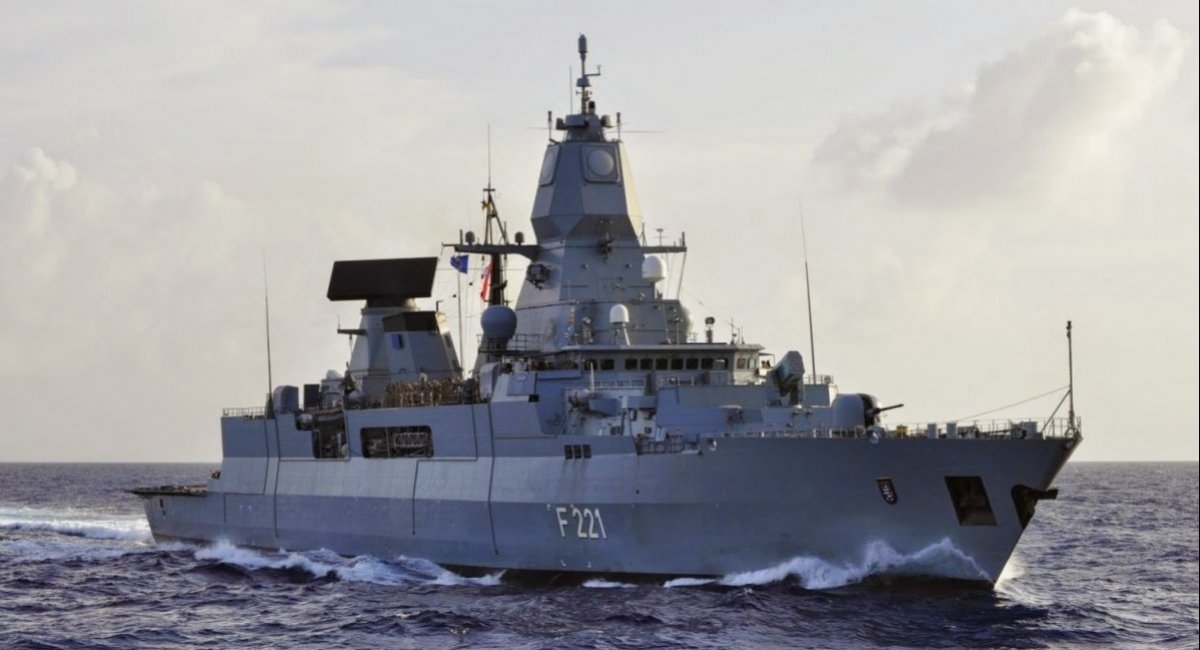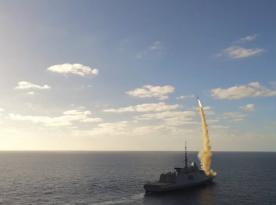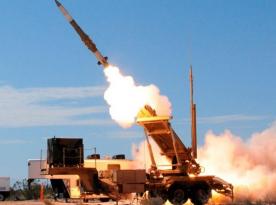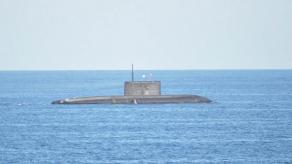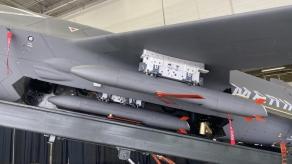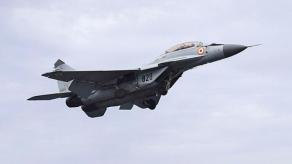The German Iris-T SLM SAM system, which has shown its high effectiveness in repelling russian air attacks in Ukraine, has been successfully tested after being installed on a frigate. The naval version of the Iris-T SLM SAM system was tested during Maritime Firing Exercise 2025. Thus, this reliable and effective air defense system is one step closer to being adopted by the Deutsche Marine.
According to the manufacturer Diehl Defense, the testing was carried out on the Baden-Württemberg F125 frigate, which was chosen due to its rather weak air defense. The corresponding technology demonstrator was developed in less than 10 months from the first concepts.
Read more: Germany Announces Multi-Million Investment in Pontoon Bridges and Crossings
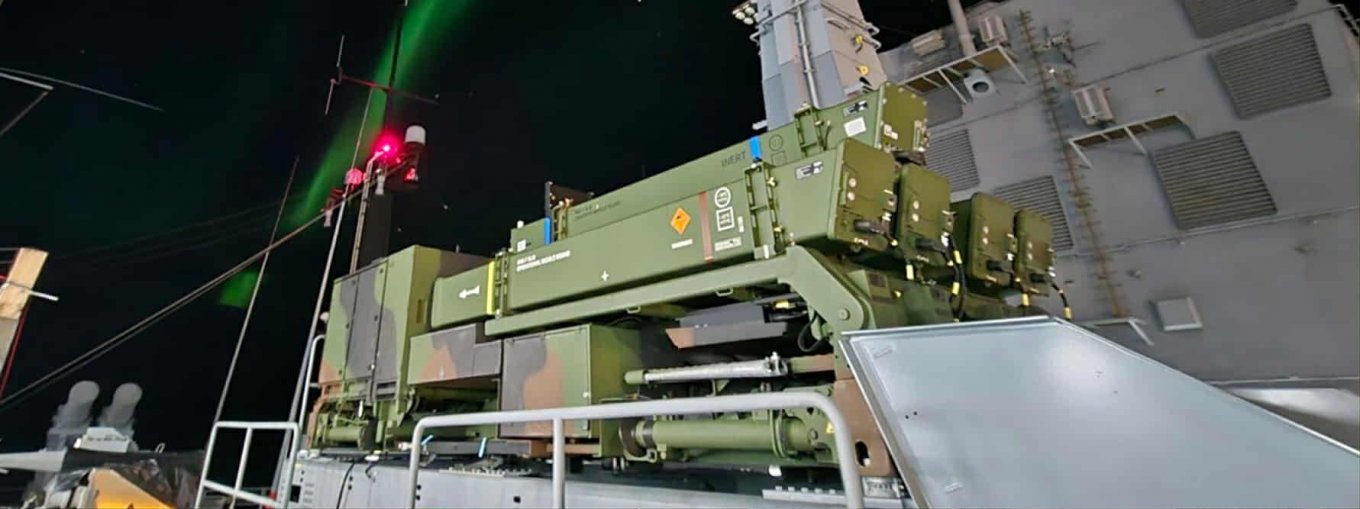
In particular, a special anti-air warfare (AAW) module was created for the naval version of the Iris-T SLM, which was installed on deck C of the ship. In fact, it was built on the basis of an already existing “land” launcher. It is stated that the work was carried out in close cooperation with the customer – the German Navy.
During the tests, this surface-to-air missile system confirmed its high effectiveness in countering air threats even from such a specific platform. So now the Iris-T family is discovering a new role for itself as a ship-based air defense system.
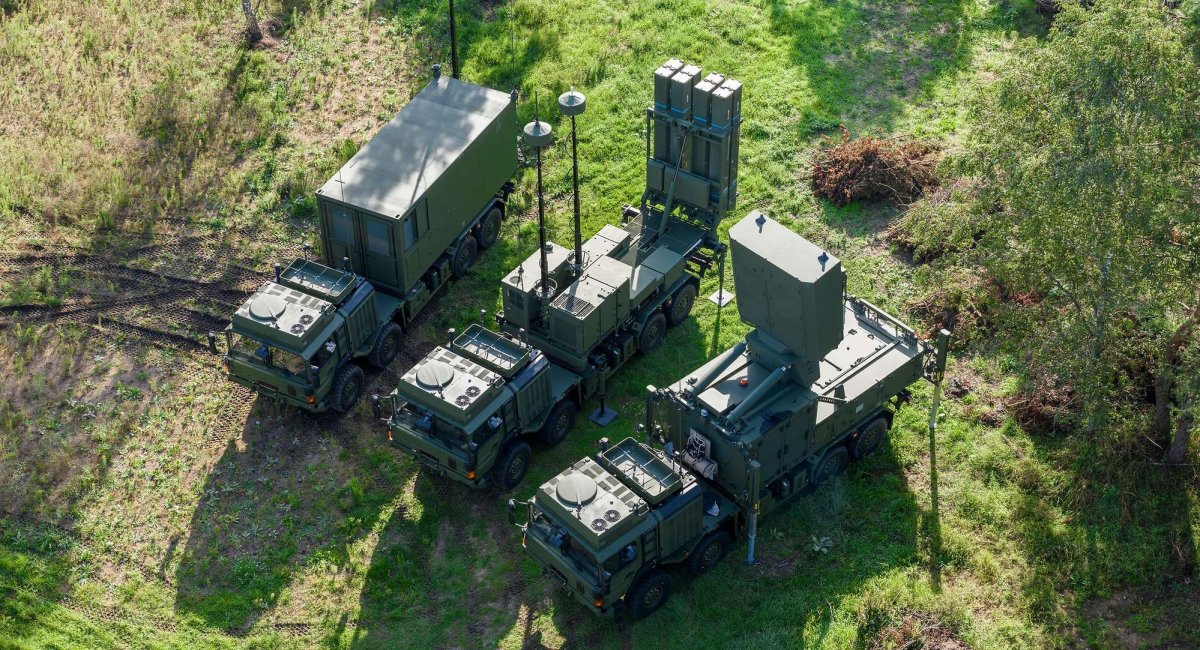
Given that the Diehl Defense system is currently being actively purchased both for the needs of the Germany and Ukraine, as well as for other countries in the region, this is an excellent opportunity to further unify anti-aircraft weapons. Using the same missile on land and sea platforms simplifies supply.
It should be noted that similar weapons already exist in Europe, such as the French MICA by MBDA. It is also available in anti-aircraft versions for ships and land systems, and is also used as an air-to-air missile on French fighters.
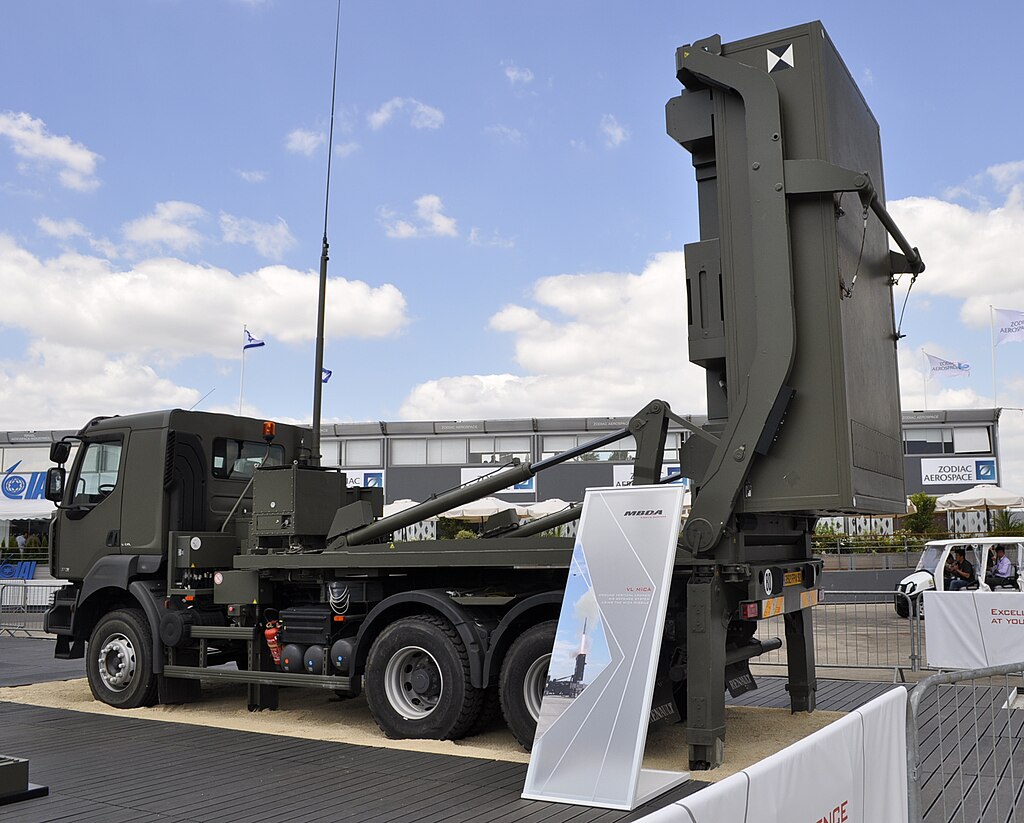
At the same time, the Iris-T SLM has the advantage of having a range of up to 40 km. Iris-T is also known in two other modifications, one of which is short-range (SLS), and the other long-range (SLX), which is currently still under development, should hit targets at a distance of up to 80 km. That is, Germany will immediately receive a whole family of means that can cover the needs of the German Navy.
In conclusion, it is worth adding that this was just a demonstration of capabilities, and it will take some time to obtain a full-fledged naval version of the system. However, given the successes on the battlefield and in tests, it is quite likely that the system will be quickly brought to the necessary conditions for its use on a naval platform.
As Defense Express reported, Germany Adopted Ukraine's Naval Drone Tactic to Launch UAVs from Sea-Based Platforms.
Read more: Germany Finally Gets First P-8 Poseidon After Years of Waiting




